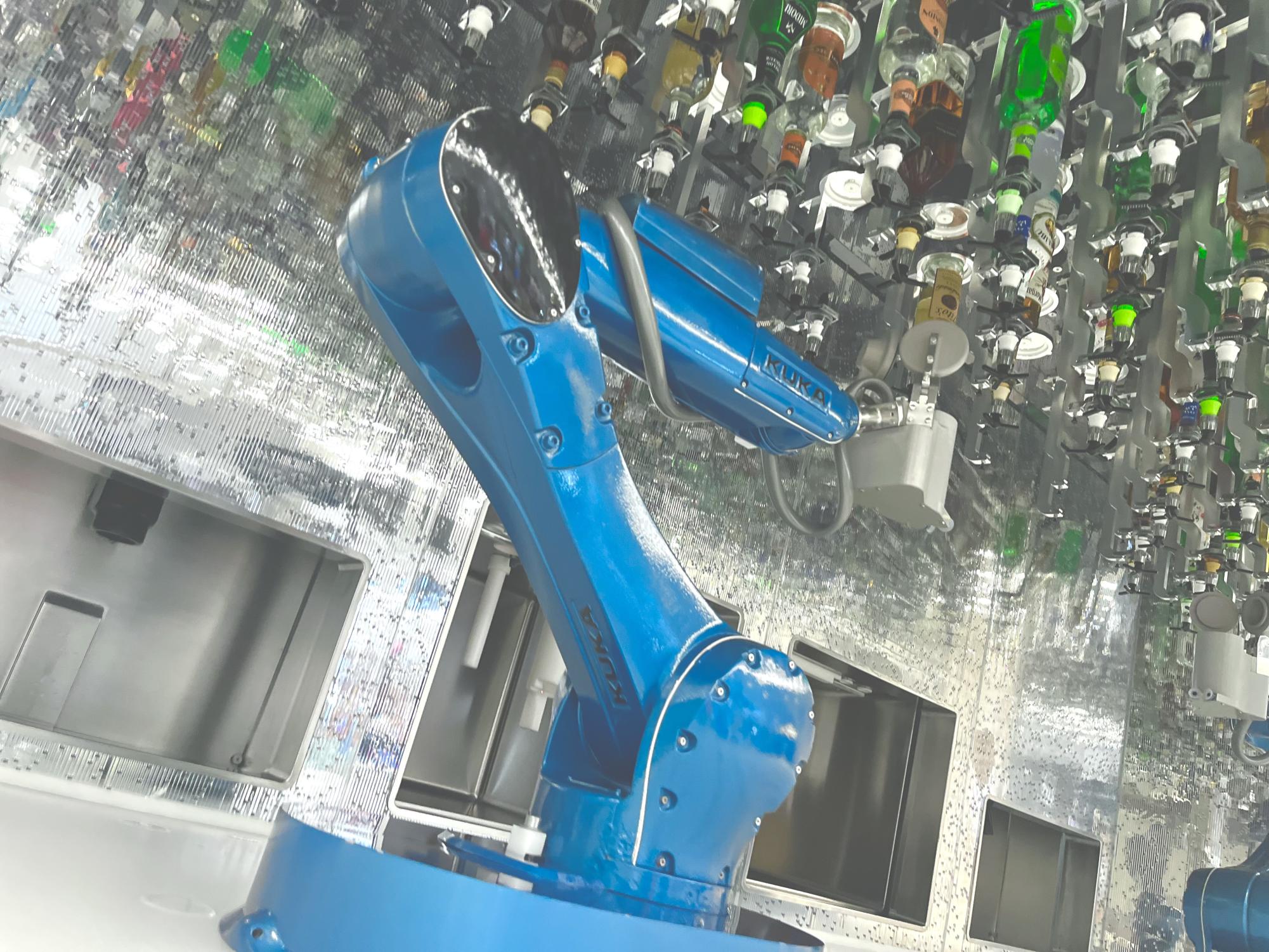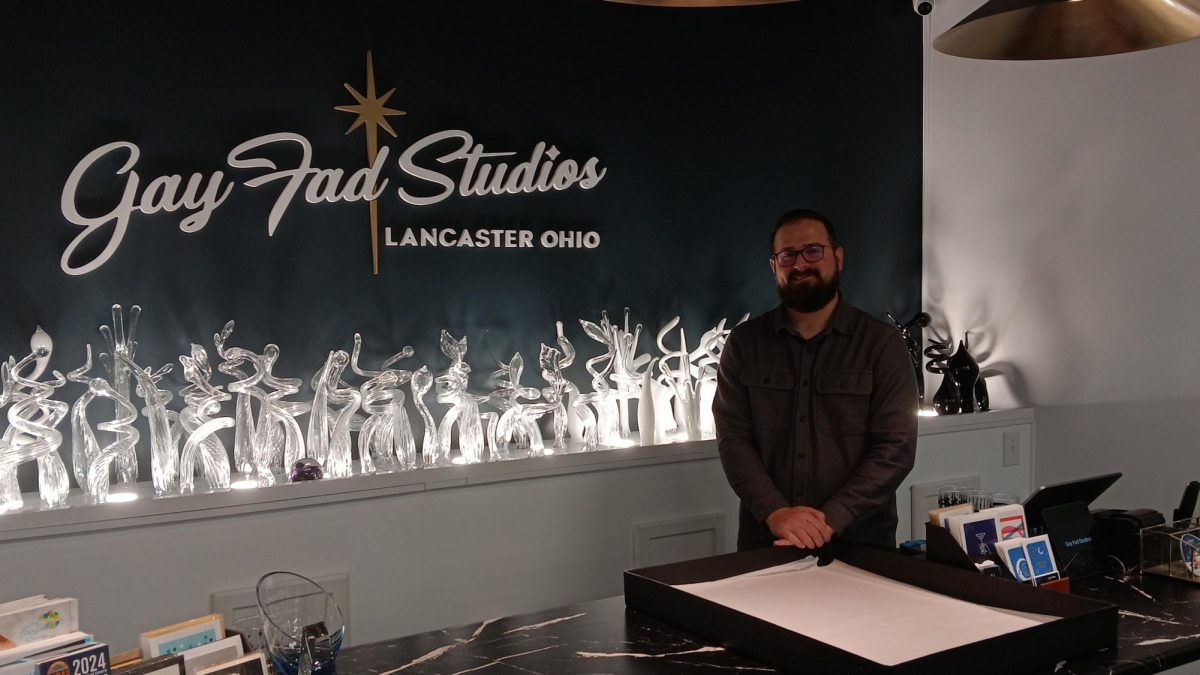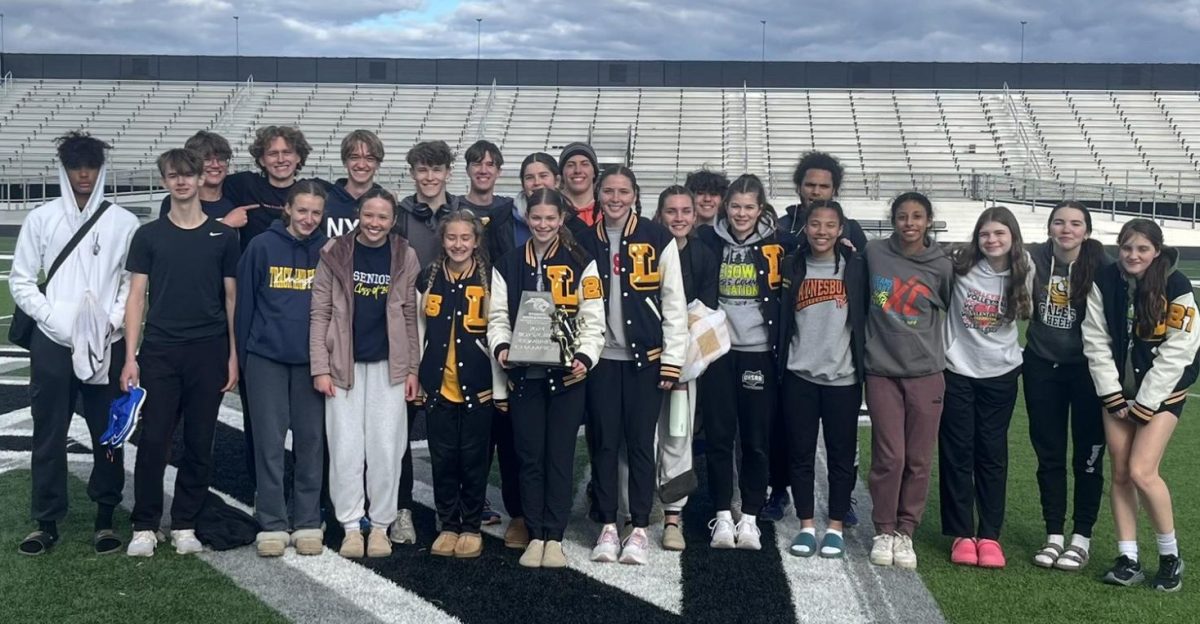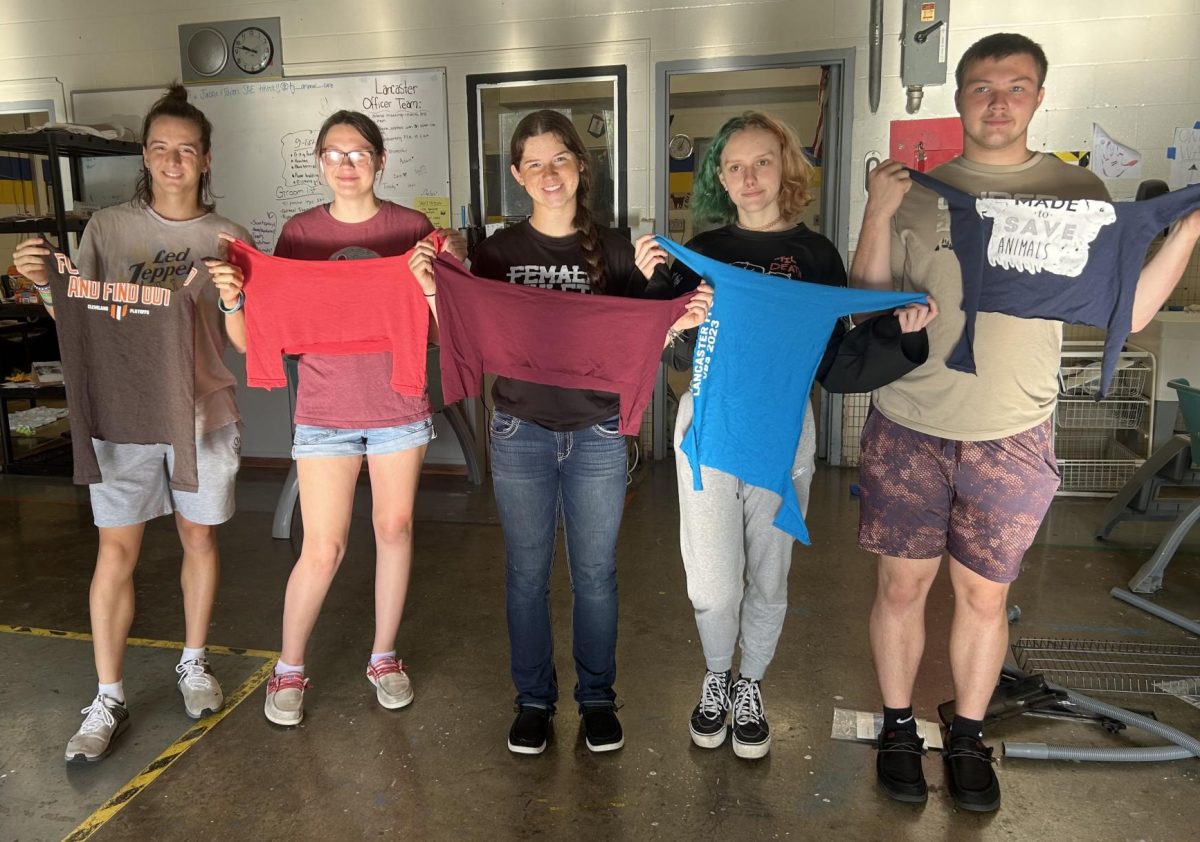It finally happened. After all the controversies, strikes, and countless attempts at beating artificial intelligence, the man vs. machine war ended. In late March of 2024, Casey Bowers, my dad, lost his job to artificial intelligence. He has twenty-some years of experience in advertising copywriting. Last fall, in 2023, the company advised their employees that several of them would be replaced by artificial intelligence.

“I mistakenly thought . . . my specific niche market (oncology pharmaceuticals) was, if not immune to the AI trend, was too savvy and too cautious to make such a large scale investment in the technology, let alone implement it to the result of job loss,” said Bowers.
According to an article published by The New York Times, “In Reversal Because of A.I., Office Jobs Are Now More at Risk,” jobs that in the past required human creativity, may now be in jeopardy.
“These tools can rapidly process and synthesize information and generate new content. The jobs most exposed to automation now are office jobs, those that require more cognitive skills, creativity and high levels of education,” (Miller and Cox).
The idea that some machines can work faster and more efficiently has been an ongoing trend.
“The company I worked for decided to invest in A.I. and offset the cost of that investment by eliminating positions previously held by humans. I was one of those humans. I can’t divulge the name of the company or its proprietary A.I. program, as I signed an NDA (non-disclosure agreement) but it was a major international marketing and advertising conglomerate,” he said.
Experts said that they are somewhat surprised that certain jobs like advertising that require a human touch would be negatively affected so soon by the ever-developing technology.
Erik Brynjolfsson, a professor at the Stanford Institute for Human-Centered A.I., earlier predicted that creativity and tech skills would protect people from the ill effects of automation.
“To be brutally honest, we had a hierarchy of things that technology could do, and we felt comfortable saying things like creative work, professional work, emotional intelligence would be hard for machines to ever do. Now that’s all been upended” (Miller and Cox).
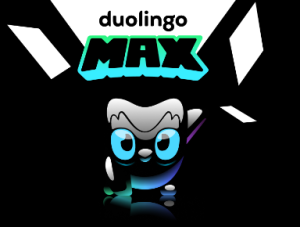
Like Bowers’ former employer, other companies are beginning to favor Artificial Intelligence over people, including the language learning app Duolingo. According to the Washington Post, Duolingo fired 20 percent of its contract writers and translators, and replaced them with A.I. (De Vynck). One of Duolingo’s employees that was replaced, Benjamin Costello, told the Washington Post that he believes the decision to fire human contractors was to save money, but that the move is resulting in the quality of the company’s lessons dropping.
However, in the same article, Duolingo spokesperson Sam Dalsimer said the company that they were not exchanging the expertise of humans for artificial intelligence but rather to improve productivity and efficiency. So what does a person do when their job is replaced by A.I.?
Bowers said he has a plan to pick himself back on his feet by researching new employment opportunities and education.
“I have been doing two things to change my situation. One, finding and aligning myself with business leaders who believe as I do that creative professionals can be augmented by A.I., but never replaced by it. Two, taking free courses offered by MIT, Google, Harvard, and OpenAI that will further expand my knowledge, augment my skills and make me an attractive candidate in this post-A.I. boom economy,” he said.
Regardless of his own personal circumstances, Bowers said he still believes humans can use A.I. for good without supporting the ideology of profit over people.
“As an advocate for responsible generative A.I. (both text creation LLM’s (large language models) like ChatGPT and image creation models like Midjourney and Stable, Diffusion, I see it as a tool for inspiration and filling knowledge gaps. It’s not a shortcut to a finished product. It still demands a wielder of the tool, like Photoshop and Microsoft Word before it,” said Bowers.


